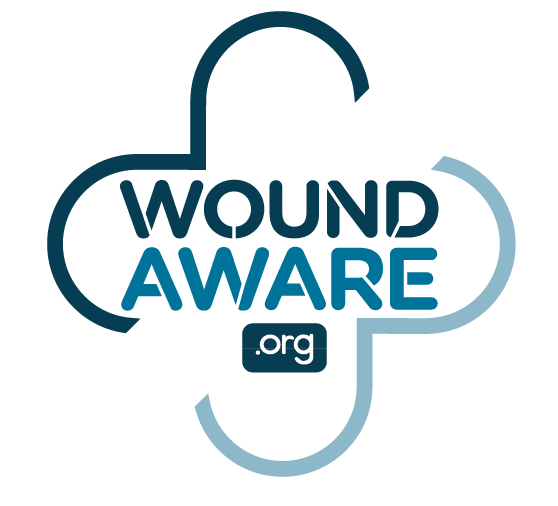|
Canberra meeting tables solutions to Australia's chronic wound problem
Wednesday, 3 September 2025
|
|
Peak bodies, industry partners and government came together today to explore ways to tackle the country's hidden chronic wound epidemic, at an event hosted by Wounds Australia. The Roundtable at Parliament House was opened by Minister for Health and Ageing Mark Butler MP and moderated by Wound Awareness Week Ambassador Professor Fiona Wood AO. Under the spotlight was this longstanding public health issue: 450,000 Australians living with often preventable chronic wounds, at an annual cost of more than $6.6 billion a year. And the message from contributors was clear: the pathway to fewer wounds lies in better education. Upskilling aged care workersWith many chronic wounds occurring in older adults, a key proposal to upskill Australia's aged care workforce attracted broad consensus. Wounds Australia plans to implement wound care training designed for carers without medical qualifications working in aged care, with several leading universities expressing formal support for the training. Design, implementation and dissemination of the program is expected to cost around $1 million. Professor Fiona Wood AO is a renowned surgeon and burns expert with a long association with Wound Awareness Week. "The research shows that many chronic wounds can be prevented entirely or healed faster with appropriate treatment, and that requires early identification and intervention," Professor Wood said. "In the aged care context, that means the people regularly bathing and dressing older Australians recognising the early warning signs of a chronic wound and understanding what needs to happen next." Educating the nationThe Roundtable discussion touched on the role of the patient in self-care, highlighting the importance of the general public understanding the factors critical to early intervention – the warning signs, sources of community support, and minimising personal risk. "We researched Australia's understanding of chronic wounds recently and the results of our survey revealed the common misconceptions and lack of knowledge standing in the way of good quality, timely wound care," Wounds Australia CEO Jeff Antcliff said. "Our Be Wound Aware campaign is designed to arm non-professionals with the basic skills to stop an acute wound like a cut or graze from becoming chronic, and to understand when and where to seek professional support. "It's vital that Wounds Australia, the country's only national peak body, is empowered to continue this work beyond 2027 when government funding ends." Building sector consensusThe Roundtable marked the start of Wound Awareness Week 2025, our annual national health advocacy initiative. Our guests ranged from peak bodies to industry leaders to people with lived experience of wounds, including:
|
